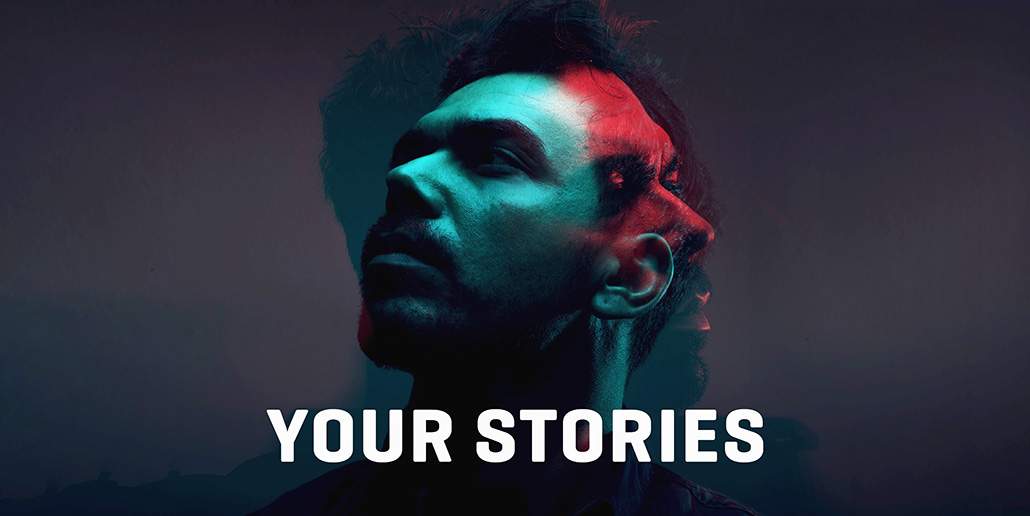
Rhys' Story
Rhys shares how taking responsibility, improving communication skills, and reaching out has helped him to help others as a life coach.

Rhys shares how taking responsibility, improving communication skills, and reaching out has helped him to help others as a life coach.
Just because you may not have the tools to “fix” the problems you have doesn’t mean you have to suffer in silence.
I’m Rhys Phillips, a Certified Professional Life Coach. I am originally from Wales in the UK. I started working there in local government, but ended up moving to the US, via South Africa where I was a safari guide, about 15 years ago.
I am working at the moment to expand my coaching business. I went through some massive life changing events and learned lessons the hard way. I want to help people avoid the discomfort I went through learning those lessons.
Taking responsibility and asking for help. My main strategy previously was pretty much avoidance. I thought that pushing things down and keeping things controlled and inside was “processing things internally.” I realized too late that this wasn’t processing anything, just kicking the can down the road. Once I took responsibility for my own recovery and asked for help, everything changed. The anxiety and depression became quieter.
Therapy
Taking Responsibility
Communicating and being open to communication
Staring My Life Coaching Business
Ask for help. Asking for help is not a weakness, but the complete opposite. Just because you may not have the tools to “fix” the problems you have doesn’t mean you have to suffer in silence. Admitting that you need help is the bravest thing you can do. I would do it in any other facet of life, why not with my mental health.
I often use this example with clients; if a pipe breaks and I don’t have the tools to fix it, I’d call someone who does, like a plumber. I wouldn’t just sit in my house watching the water level rise. The same thing applies to your own mental health. Nobody would see calling a plumber as a sign of weakness, so you shouldn’t see asking for help other places as a weakness either.
– Rhys Phillips, Life Coach, Cape Cod, MA, USA, and Wales, UK
@rhysowenphillips![]() | Rhys Phillips
| Rhys Phillips![]() | @rhys_phillips
| @rhys_phillips![]()
Too many men suffer in silence. Become a peer supporter for the men in your life.
In this four-part course (15–20 min each), you’ll learn what effective peer support looks like, how to show up for others, and how to stay grounded while doing so.